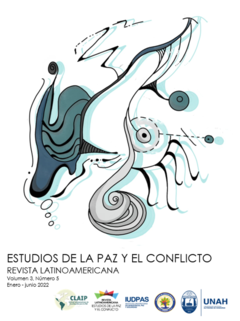Minority Rights in Human Rights Theory. Rationale and Case Studies
DOI:
https://doi.org/10.5377/rlpc.v3i5.12632Keywords:
Minorities, human rights, collective rights, identity, Nagorno-Karabakh, Abkhazia, South OssetiaAbstract
The expression national minority was incorporated into the terminology of international law during the era of the League of Nations. In any case, the categorization is not free of significant controversy and contradictions. The Venice Commission expressed the view that the focus should shift from the issue of definition to the need for the unimpeded exercise of minority rights in practice. In this context, it is essential to emphasize that the universal nature of human rights, of which minority rights are a part, does not exclude the legitimate existence of certain conditions attached to access to specific minority rights. To exemplify and further illustrate the analysis, specific reference will be made to the frozen conflicts in Nagorno-Karabakh, Abkhazia and South Ossetia. The unsuccessful integration of minorities in general, and in particular in the Caucasus region, allows us to contemplate, using case studies, a kind of non-inclusive multiculturalism, if not a new cultural absolutism, which justifies policies that sometimes bypass the most fundamental human rights. There is today a very clear and open articulation of racist ideas and separatist practices, in a way that historically is far from being new.
Downloads
935
HTLM (Español (España)) 530
XLM (Español (España)) 1071
EPUB (Español (España)) 113
Downloads
Published
How to Cite
Issue
Section
License
Copyright (c) 2021 Revista Latinoamericana Estudios de la Paz y el Conflicto

This work is licensed under a Creative Commons Attribution 4.0 International License.
The journal's contents are published under a Creative Commons Attribution 4.0 license (CC BY 4.0). This license allows third parties to share (copy and redistribute the material in any medium or format) and adapt (remix, transform and create from the material for any purpose, including commercial), as long as the authorship and first publication in this journal (Revista Latinoamericana Estudios de la Paz y el Conflicto, Universidad Nacional Autónoma de Honduras - Consejo Latinoamericano de Investigación para la Paz, DOI of the work) is acknowledged, a link to the license is provided and it is indicated if changes have been made to the original. The terms of the license are available online at http://creativecommons.org.




